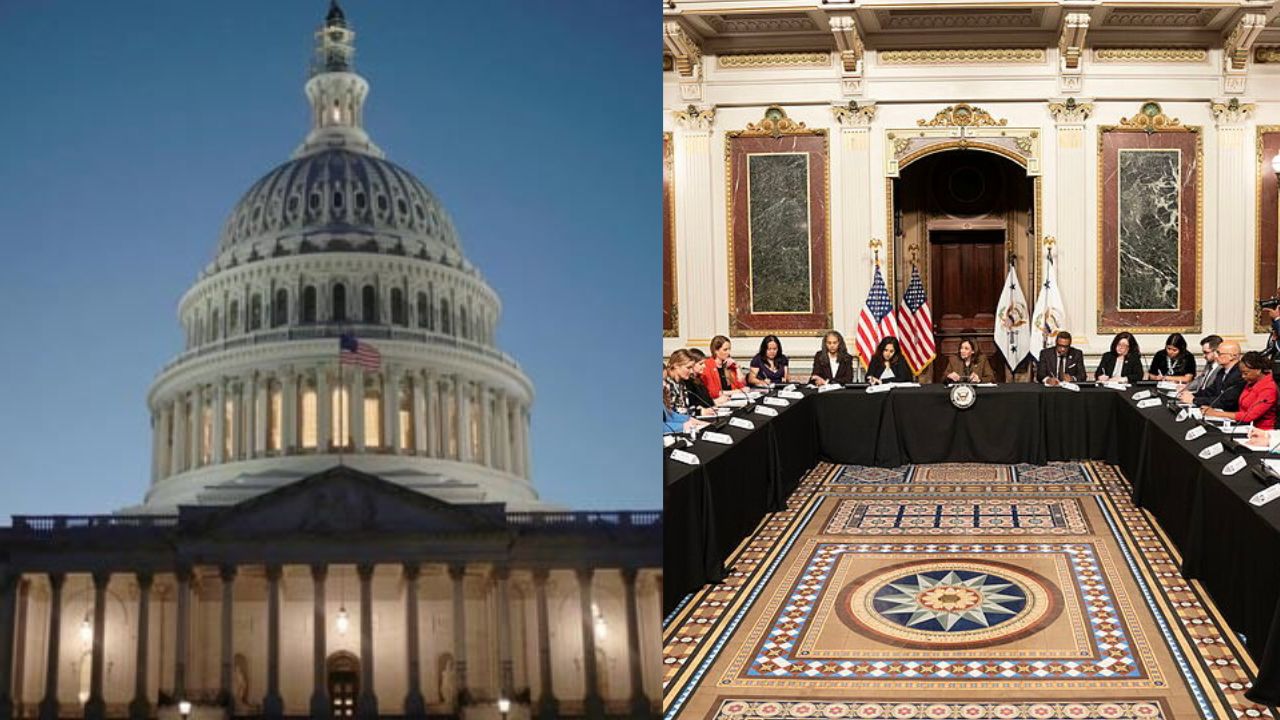On Friday, the House successfully passed a substantial spending package aimed at fully financing the government through September. This crucial move, made just ahead of a looming midnight deadline to avoid a partial shutdown, now places the package in the hands of the Senate.
The $1.2 trillion package, disclosed early Thursday, garnered approval from the House with a vote of 286 to 134. This comprehensive package consolidates six spending bills into one, effectively allocating funding for approximately three-quarters of the government until the close of the fiscal year.
Notably, an additional package covering the remaining government funding received clearance from Congress two weeks ago. Despite its passage, a notable portion of Republicans dissented, particularly House conservatives who raised concerns regarding the funding levels agreed upon by House Speaker Mike Johnson and Democratic leadership in the Senate.
The bill encompasses allocations for various departments including State, Homeland Security, Defense, Labor, and Health and Human Services, in addition to funding for foreign operations, financial services, and the legislative branch.
The frantic race to secure government funding highlighted the ongoing internal rifts within the increasingly fragile Republican majority. This division has compelled party leaders to lean on Democratic support to push legislation through, much to the chagrin of conservative factions.
In Friday’s vote, Democrats overwhelmingly supported the bill, with 185 in favor and only 22 against, in stark contrast to the split among Republicans, where 101 voted in favor and 112 opposed.
Representative Marjorie Taylor Greene, a Republican from Georgia, hinted at a potential no-confidence vote in Speaker Johnson. She initiated a motion to vacate, a procedural move that could compel the House to address it following the upcoming two-week recess.
This motion mirrors the tactic employed by a handful of Republicans last October, resulting in the removal of Representative Kevin McCarthy from the speakership due to GOP discord over spending strategies.
Speaking after the House vote, Greene clarified that her filing of the motion was more of a cautionary step, asserting, “it’s time for our conference to choose a new speaker.”

